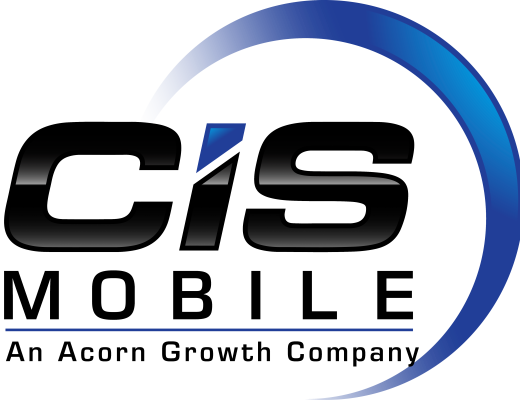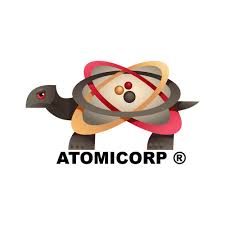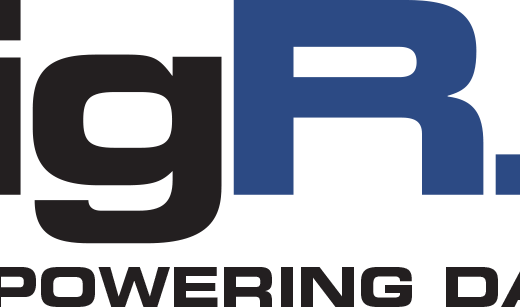Jaxon is an early stage artificial intelligence startup focused on automating unsupervised raw text data labelling, establishing a platform for combining algorithmic models, and building an AI marketplace where buyers and sellers can solve a variety of challenges with solutions they have built. Jaxon’s platform will be a place where a problem’s dimensions and specifications drive the creation of explainable and transparent AI models.
Incubated under the umbrella of BigR.io, a company I wrote about in 2017, the same principal founders from MIT have now sold off BigR and are now solely focused on Jaxon. Currently a team of ten full-time members, the firm has completed their platform’s foundational engineering work and are in full operation. Several licensing deals have been signed and now the company is talking with corporates in several industry verticals: retail, insurance, financial services, and life sciences. Initial traction has been in the marketing analytics domain.
The artificial intelligence market has exploded over the last seven years with firms of all descriptions and their funders keen to establish early positions and dominate different markets. The data labelling market has several well established participants – ClickWorker, Imerit, and Playment. They focus on key buyers – such as Amazon, Google, and Microsoft – with large globally outsourced contractors bidding on labelling jobs 24/7/365, averaging ten U.S. cents each. Another set of firms – such as X-tract and Alegion – add higher level annotation and bot analysis, additional quality control, and further data services with their human labelers.
Another set of companies – such as Hive, Scale, and Figure-Eight – are combining traditional human labelling with an API funnel strategy for all four major categories of data – video, audio, images, and text. In the case of Hive, they are combining their service platform with an outsourced contractor base of 600,000 people. Scale successfully raised a $100 million round in 2019 to chase this opportunity, with Waymo, Lyft, and Airbnb using their services.
Firms like Pienso, HAL24K, and DataRobot are building platforms for non-technical teams to label corporate datasets and run machine learning experiments without software developer input and startups like Labelbox and Spell are marketing their labelling and API services to data engineers and scientists.
In short, the artificial intelligence labelling industry is a rush of approaches trying to solve some very hard problems and deal with ugly truths around the labelling supply chain and its limitations of prediction accuracy above a 70% threshold. Despite new techniques and cleaner datasets, finding data ground truth remains difficult.
Jaxon’s primary customers are data science teams and business analysts, through a Director or Senior Director of Data Science. These leadership roles combine an understanding of a data science team’s pain points, experience driving solutions through an organization, and authority to make decisions. These positions presume a level of organizational sophistication around a firm’s core prediction challenge priorities – supply chain optimization, automation, customer acquisition and retention, product fit – and how data based decision making informs new opportunities and future projects.
The team has built their initial platform with several well respected algorithms – fastText, word2vec, BERT, GRU, and LSTM. More will be added in 2020 and beyond. Jaxon’s methodological approach, broadly speaking, is to (1) assign a token to each word, (2) group via clustering, (3) organize combinations of algorithms into models for labelling only, and (4) create classifiers for pushing into defined products or bypass the product stage in favor of direct use. Jaxon has the flexibility to work automatically once configured for efficiency or manually if a data science team or group of business analysts wants more granular control. Given their core customers, the Jaxon team believes some clients will want to set and forget while others will want to continually iterate for different workflows such as development vs production environments or special projects.
The startup has also been building a SaaS based AI modeling marketplace whose purpose is to provide an ecosystem for data scientists and business analysts to buy and sell solutions, design problem specifications, and utilize Jaxon’s knowledge collection. In time, the firm’s goal is to augment this marketplace with an AI index and give users the option to draw on historical data. Work remains to bring this marketplace platform into a ready state – secondary usage rights, additional data collections, and enhanced modeling remain on the to-do list — but interest exists for both ready-made and bespoke solutions. The team is understandably excited about this aspect of the Jaxon platform.
Jaxon’s two core challenges now are proving out their ROI to prospective customers and finding the right financial partners to build on the startup’s success. The retail, insurance, and financial services domains are sophisticated and keen to apply AI approaches across the enterprise. However, blackbox outcome explanations, quasi-rigorous analysis, and other puffery remain barriers to adoption. CEO Cohen openly discussed these challenges. The Jaxon team has designed their platform to be transparent and explainable at each iterative step of a customer’s data journey. Building confidence and trust will be foundational elements of the startup’s commercial success.
Alongside these customer focused efforts, the team seeks the right long-term capital partners. With many private equity, venture, and angel groups keen to profit in this rush-for-gold market, the Jaxon team has been talking with thoughtful capital groups who view the AI domain with a focused lens. The startup is thinking about its customers first and working backwards to build relationships with key stakeholders and create value. Given the AI marketplace Jaxon is developing, this approach is smart.
As a strategist, I find Jaxon, their AI platform, and forthcoming marketplace compelling because the firm understands the biggest pain points of data science and business analyst teams. Many are overwhelmed with grinding tasks – siloed datasets, data cleaning, culling features, labelling – before they can move onto higher order activities that include model optimization, prediction, insight, and ultimately, superior business outcomes. Behind the glamor of data science lies enormous drudgery. Jaxon’s approach is to help solve the manual task of labeling unsupervised text data – the most challenging data type – with automated solutions through a sophisticated and transparent platform.
Jaxon’s approach does include some human involvement via team voting. This final layer of vetting is focused on key areas of context evaluation that founder and CEO Cohen refers to as bronze, silver, and gold ground truth. Like the Olympics, these three levels are for determining label accuracy by those experts who understand the context and sentiment accuracy of a dataset. Gold means the model and the team of voting experts are in complete agreement, while silver and bronze confer decreasing levels of unanimity. The goal is to combine automated labelling and model creation, with a few human experts, to push beyond the current 70% accuracy ceiling. Jaxon’s platform has moved accuracy consistently into the 80s and they expect to achieve 90%+ accuracy in the future. Prediction accuracy above 90% will be a very significant achievement for the startup’s customers.
Final Thoughts:
CEO Cohen comes from a family of entrepreneurs. A previous generation emigrating from Russia, starting an ice cream cone business after the 1907 World’s Fair popularized the frozen concoction. The company, ultimately known as Sweetheart Cup Co., grew from one cone machine into a Fortune 500 company that employed over 10,000 people internationally.
CEO Cohen and his team have been working in the big data and artificial intelligence domains for some time with exits and pivots of their own. Jaxon is tackling the hard problem of automating both the labelling of unsupervised text data and the iteration of AI models in new ways. The firm’s forthcoming AI marketplace is innovative and will help organizations – profits and non-profits alike – democratize artificial intelligence with transparent and peer reviewed solutions on a global basis once it goes live.
While the Jaxon story is in its very early days, I look forward to following the company’s progress in 2020 and beyond and getting back in touch for an update.
Stay tuned.




